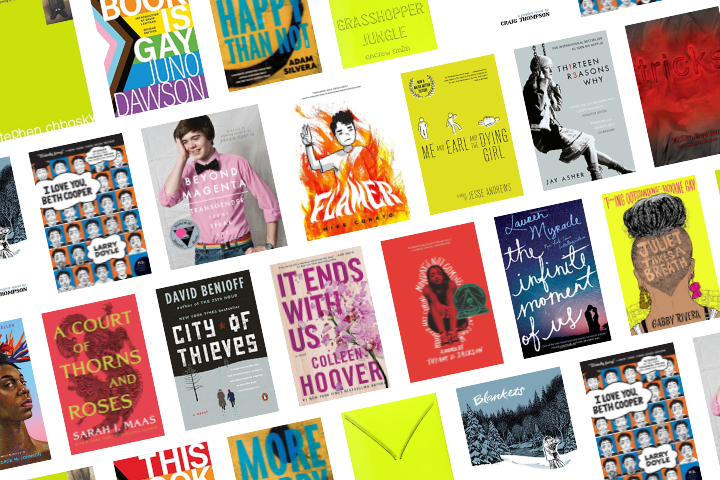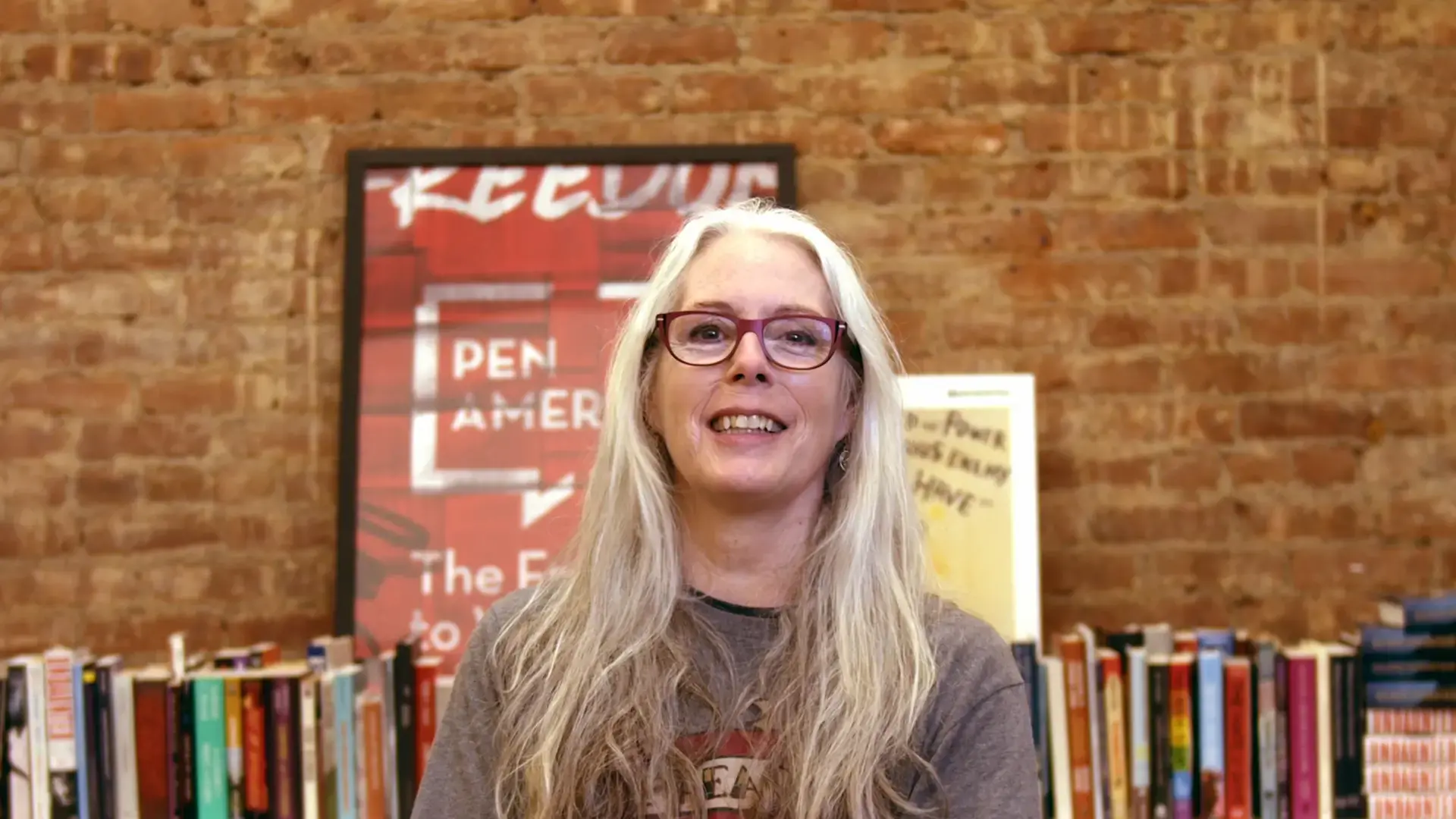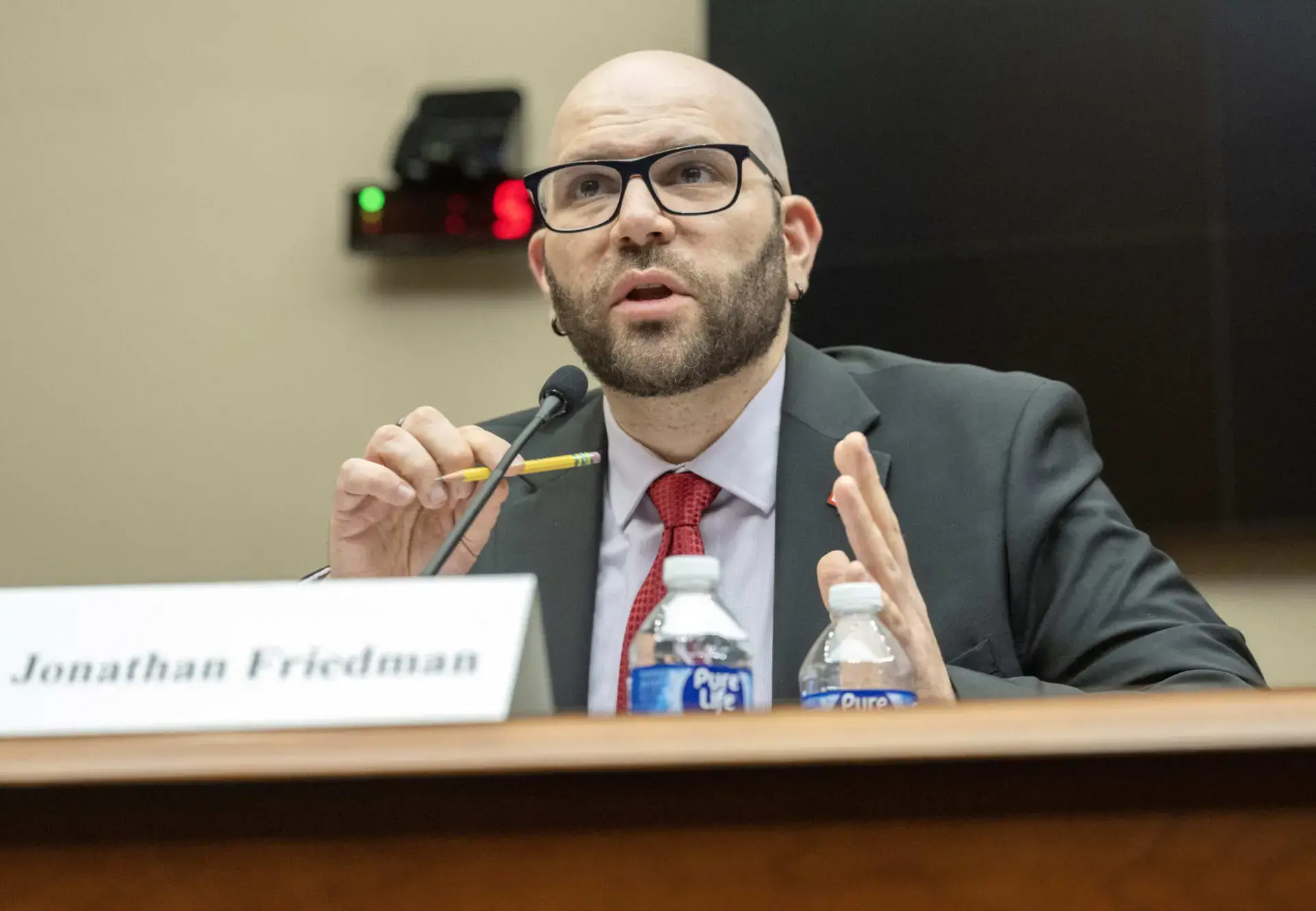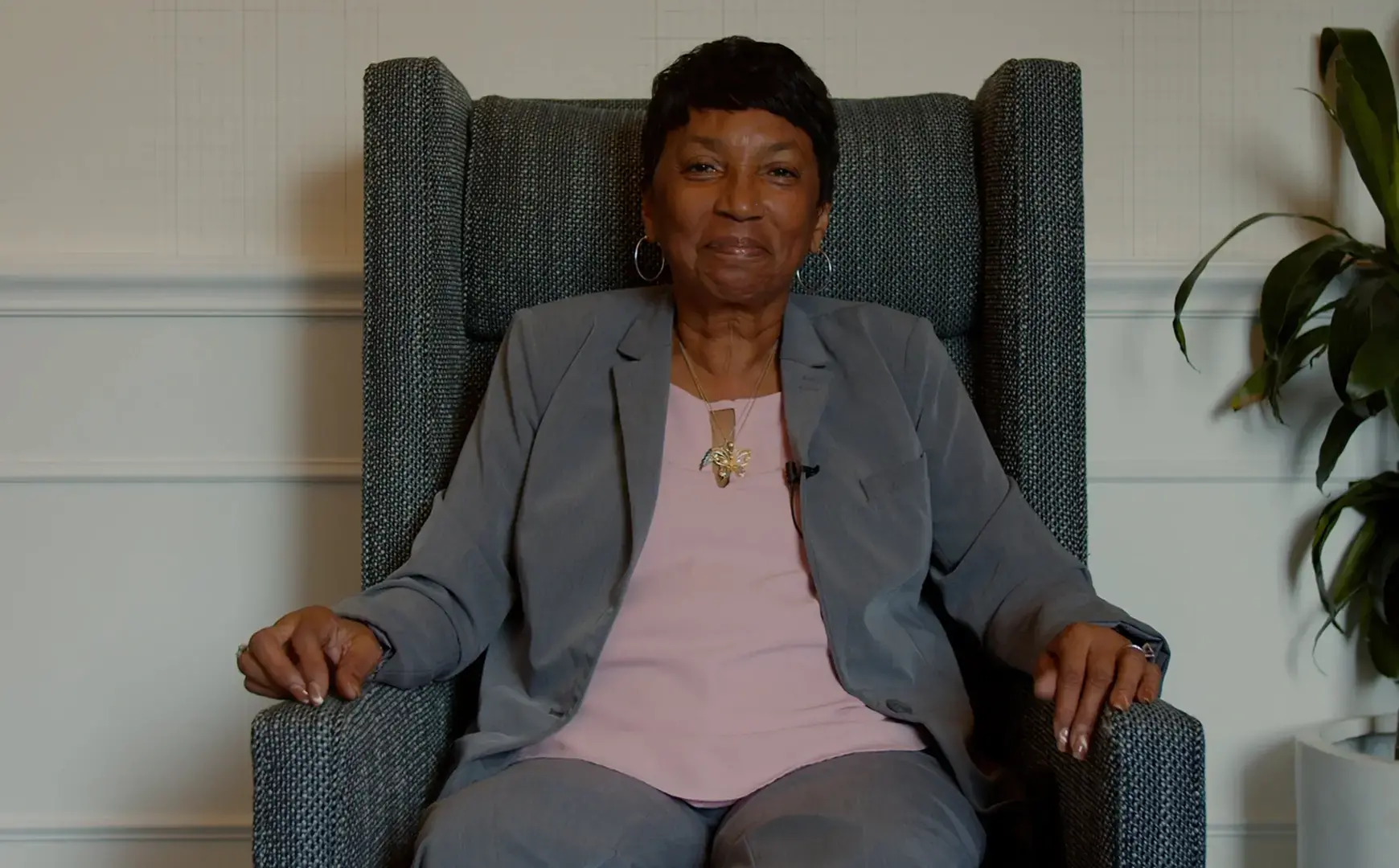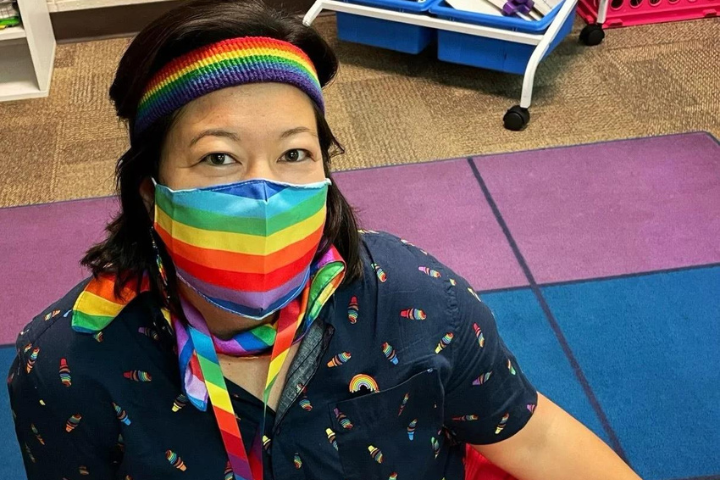Threats to free expression in education have a discriminatory impact on LGBTQ+ speech and topics, PEN America and PEN International show in a joint submission to the United Nations Independent Expert on protection against violence and discrimination based on sexual orientation and gender identity.
PEN America and PEN International are pleased to jointly submit a contribution to the Independent Expert’s report on the root causes of violence and discrimination against based on sexual orientation and gender identity.
PEN America and PEN International are part of a global PEN network which champions the freedom to write, celebrates the power of words to transform the world, and defends free expression. PEN International is the international secretariat for the PEN network of 130 centers in 90 countries.
As defenders and supporters of writers and readers, and while upholding our pledge to champion equality and dispel hatred, the PEN network has a distinct responsibility to ensure that freedom of expression protects LGBTQ+ persons and their ability to read, write, and share literature as well as take part in intellectual dialogue free from censorship or suppression.
This submission will focus on legislative threats to free expression in United States public educational institutions that have a discriminatory impact on LGBTQ+ persons and their free expression.
POLICY THREATS TO FREE EXPRESSION OF LGBTQ+ PERSONS
Despite U.S. federal legislation protecting all students, including LGBTQ+ students, from sex discrimination, various states have sought to enact legislation and policies that ban books and restrict teaching of subjects related to race, gender, sex, and sexual orientation. These policies have been introduced and enacted on the pretext of protecting children against “indoctrination” , but in reality, they seek to restrict free expression, including the right to receive and impart information by criminalizing the discussion of social inequity and diverse identities in the United States.
PEN America has researched and analyzed two primary tactics of discrimination against LGBTQ+ persons’ right to freedom of expression, namely educational gag orders and book bans. These policies often prohibit topics in education related to LGBTQ+ histories and people by deeming them “divisive” and “inappropriate” concepts. The rhetoric marshaled to justify banning books containing LGBTQ+ characters or themes in particular regularly evokes long-standing, denigrating stereotypes that stigmatize LGBTQ+ people as inherently sexual or pornographic. A number of politicians have exploited the fact that “obscenity” is not clearly defined in the law and have compelled the removal of books from school shelves by stigmatizing them as “obscene”. Lawmakers have created their own definitions of “obscenity” that go far beyond the constitutional standard in the U.S.1Miller v. California, 413 U.S. 15 (1973). Obscenity, as a concept, has a long history of being used as grounds for censorship due in large part to its subjective interpretation and shifting definition. In the U.S. in 1873, for example, President Ulysses S. Grant signed the Comstock Act into law, which prohibited “obscene, lewd, lascivious, indecent, or immoral” material but did not define these terms. As a result, millions of books, newspapers, and other forms of literature were burned under court order; while thousands were arrested under the law.
Article 19(3) of the International Covenant on Civil and Political Rights nevertheless prescribes strict guidance for the restriction of expression that protects against violations based on vague and subjective interpretations of obscenity. The Human Rights Committee has also noted that any restriction under article 19(3) must take into account “universality of human rights and the principle of non-discrimination”.
Educational gag orders and book bans, on their own and cumulatively, discriminate against LGBTQ+ communities and communities of color, with a disproportionate impact on BIPOC LGBTQ+ persons and communities.
Educational Gag Orders
In total, 46 of 50 US state legislatures have introduced 307 educational gag orders via legislation or executive policy since January 2021.2See PEN America’s Index of Educational Gag Orders, https://airtable.com/appg59iDuPhlLPPFp/shrtwubfBUo2tuHyO/tbl49yod7l01o0TCk/viw6VOxb6SUYd5nXM In the K–123K-12 refers to the educational levels from kindergarten through grade 12 in the United States, typically ages 5-18. Higher education constitutes any post-secondary education, including non-degree programs that lead to certificates and associate, bachelor, first professional, master, advanced intermediate, and research doctorate diplomas. education sector, more than a third of all educational gag orders introduced in state legislatures during 2023 sought to restrict how educators discuss sexual orientation and gender identity. Twenty-four state legislatures have introduced 47 educational gag orders that target restricting free expression by or about LGBTQ+ persons. Seven of these bills have been signed into law by six state legislatures.4Arkansas’ SB 294, Florida’s HB 1069 and HB 1557/ SB 1834, Indiana’s HB 1608, Iowa’s SF 496, Kentucky’s SB 150, and North Carolina’s SB 49. See also PEN America’s Index of Educational Gag Orders, https://airtable.com/appg59iDuPhlLPPFp/shrtwubfBUo2tuHyO/tbl49yod7l01o0TCk/viw6VOxb6SUYd5nXM
Educational gag orders suppress the free expression of LGBTQ+ persons, students, and educators by directly censoring the speech of educators; restricting the bounds of class discussion and curriculum; and prohibiting diversity, equity, and inclusion (DEI) training against harassment. Florida’s HB 7 bans teachers from discussing some topics related to race, gender, and other protected classes of identity. Iowa’s SF 496 prohibits public K–12 schools from offering any instruction, materials, announcements, or promotions of any kind related to gender identity or sexual activity in grades K–6. In some cases, the discriminatory intent is clear. Florida State Senator Dennis Baxley expressly confirmed that Florida’s HB 1557 aims to keep assignments with details like “Sally has two moms or Johnny has two dads” out of the classroom. At the same time, Florida’s existing state law requires that any instruction on human sexuality include teaching the “benefits of monogamy and heterosexual relationships”. HB 1557 became law in 2022 and has gone on to inspire about three quarters of the 38 educational gag orders targeting LGBTQ+ topics in K–12 schools during 2023.
School Book Bans
Between July 2021 and June 2023, PEN America recorded 5,894 instances of school book bans across 41 states. The swath of book bans includes 3,362 instances of books banned in public schools in the 22-23 school year. This is an increase of 33% from the 21-22 school year. Groups and individuals pushing to ban books have overwhelmingly targeted books with stories by and about people of color and LGBTQ+ individuals. The most frequently banned titles are largely young adult novels featuring female, queer, and/or nonbinary protagonists. Maia Kobabe’s Gender Queer has been one of the most banned books across the U.S. since 2021. Outside of an educational setting, authors and publishers are impacted by book bans, which make books more difficult to publish and distribute to an important audience. This form of censorship has a profound impact of reducing visibility of LGBTQ+ persons and stigmatizing the existence of their identity, writing, and history.
Purportedly Neutral Discriminatory Policies
States have also banned books and adopted educational gag orders that indirectly discriminate against LGBTQ+ persons and their freedom of expression under the guise of legislating curricular transparency or “obscene” material. Where the interpretation of the law is unclear, librarians and teachers have opted to cautiously curate shelves and preemptively censor lessons for fear of violating a law and facing disciplinary action.
An art teacher in Tennessee no longer teaches about Mexican artist Frida Kahlo or artist and AIDS activist Keith Haring because of the state’s HB 529, which requires teachers to alert parents to any LGBTQ+ content so they can withdraw their children from the lesson. Under Missouri’s 2022 law SB 775, public and private school employees caught furnishing sexually explicit material to minors could face up to a year in jail. According to one school librarian in Missouri, “You second-guess everything that you’re purchasing so you wind up self-censoring, even though that’s not our goal. But you’re fearful.”
From the pages of an elementary school picture book to those of a high school’s history textbook, books provide needed outlets for LGBTQ+ individuals and allies to explore personal identity and common humanity through representative and informed sources. Taken cumulatively, book bans and educational gag orders directly restrict the free expression of LGBTQ+ authors and readers by limiting their ability to seek, impart, and receive information; and censor all students and educators from learning about the myriad histories and experiences of LGBTQ+ persons free from stigma and discrimination.




